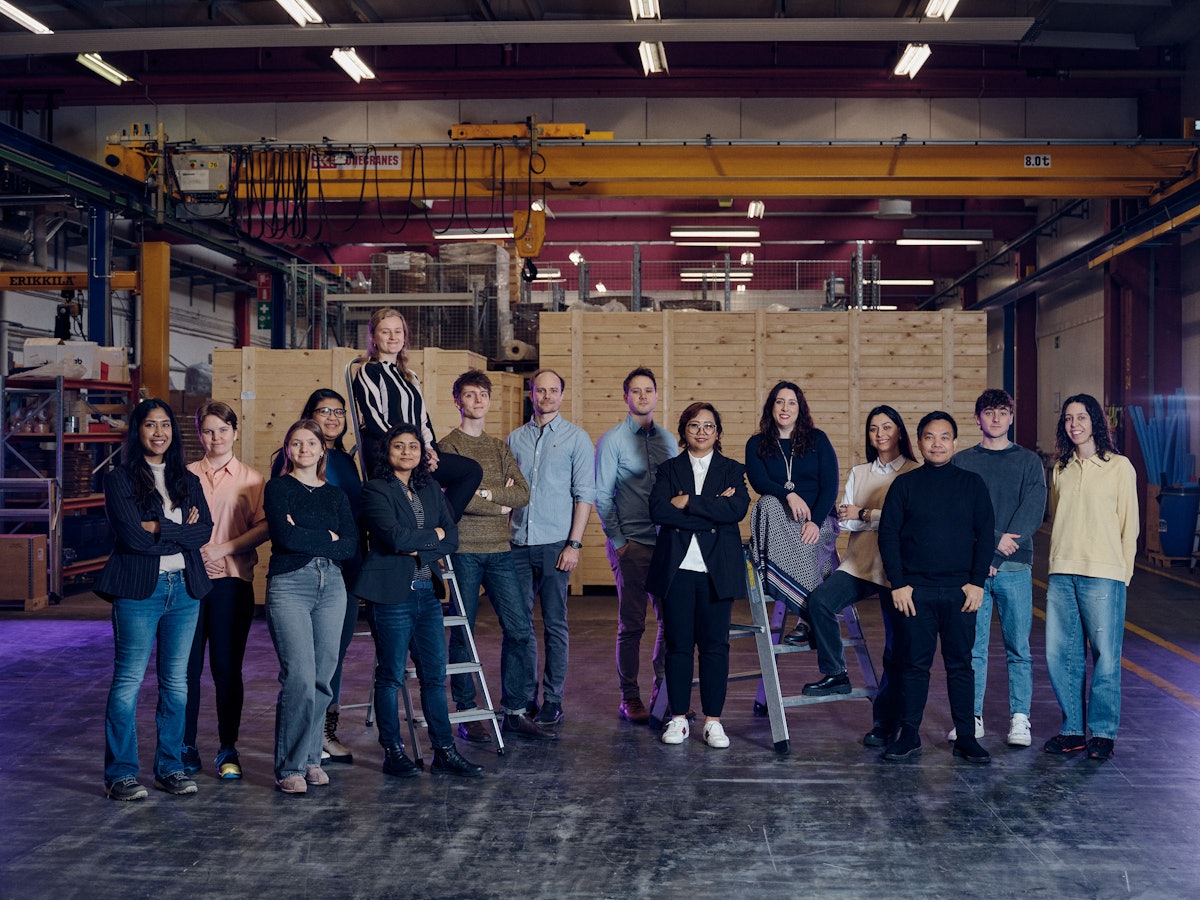Key Takeaways
- Danish biotech firm Cellugy secures $9.25 million from the EU LIFE Program to scale its EcoFLEXY biofabricated cellulose platform.
- EcoFLEXY Rheo aims to replace harmful microplastics in personal care with a biodegradable, high-performance alternative.
- The BIOCARE4LIFE project focuses on optimizing production processes and enhancing environmental sustainability in the industry.
Funding for Sustainable Innovation
Danish biotech company Cellugy has announced a significant funding boost of $9.25 million (€8.1 million) from the European Union’s LIFE Program. This financial support aims to scale up EcoFLEXY, a biofabricated cellulose platform developed to substitute harmful microplastics in personal care products. This funding is part of Cellugy’s broader BIOCARE4LIFE initiative, which is focused on accelerating the commercial viability of EcoFLEXY Rheo. This innovative product is a fully bio-based and biodegradable rheology modifier that aims to rival the effectiveness of traditional petrochemical ingredients without sacrificing texture or skin feel.
Transitioning from Fossil Fuels
EcoFLEXY Rheo is specifically designed to replace fossil-derived carbomers and acrylates, addressing environmental and health concerns tied to microplastics. According to Cellugy, EcoFLEXY Rheo offers superior stability, sensorial qualities, and compatibility while being easier to use compared to existing bio-based alternatives like xanthan gum and nanocellulose. Isabel Alvarez-Martos, CEO and co-founder of Cellugy, emphasized the need for high-quality alternatives, stating, “An alternative material that simply aims to be more sustainable is not enough…We need higher-quality alternatives like EcoFLEXY.” She believes that bio-based materials must meet or exceed the performance and economic viability of traditional ingredients to trigger industry-wide transformation.
Collaborative Approach to Sustainability
The BIOCARE4LIFE initiative is backed by a specialized consortium. The Footprint Firm (TFF) will oversee environmental impact validation and alignment with circular economy principles. At the same time, Sci2sci, a Berlin-based startup, plans to leverage machine learning and data science to enhance fermentation and production processes. Will Nunn, a manager at TFF, commented on the project’s potential, saying, “This project signals real progress toward more sustainable manufacturing in the personal care sector.” The combination of technical innovation and sustainability validation positions EcoFLEXY optimally for market acceptance.
Angelina Lesnikova, CEO of Sci2sci, highlighted the challenges in scaling biotech solutions but emphasized their immense value. She stated, “Our role is to optimize every layer of production … so that EcoFLEXY can compete with petrochemical alternatives not just on environmental benefits but also on cost and performance metrics.”
The four-year project is structured to fund scale-up efforts, optimize production processes, and validate the market for EcoFLEXY Rheo. Cellugy’s CEO, Alvarez-Martos, expressed optimism, saying, “This grant provides the resources we need to transform our vision into reality. Our end goal is sweeping petrochemicals from an industry worth billions, and we now have the backing and the partnerships to make it happen.” The project signals a robust commitment to sustainable practices within the personal care industry, marking a significant step towards reducing dependence on harmful petrochemical products.
The content above is a summary. For more details, see the source article.















